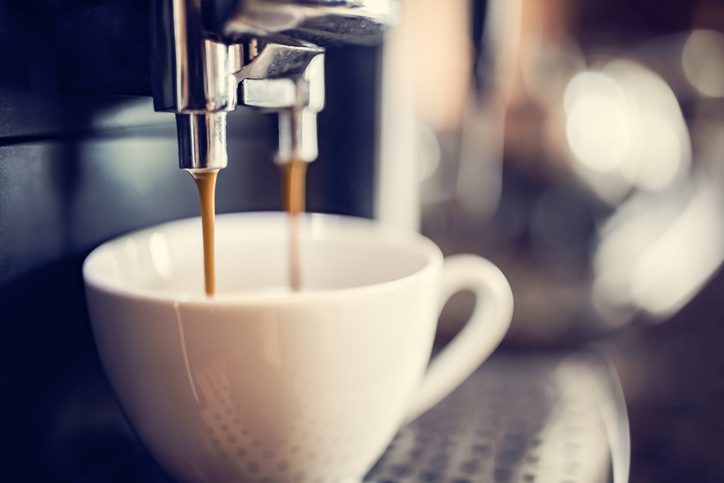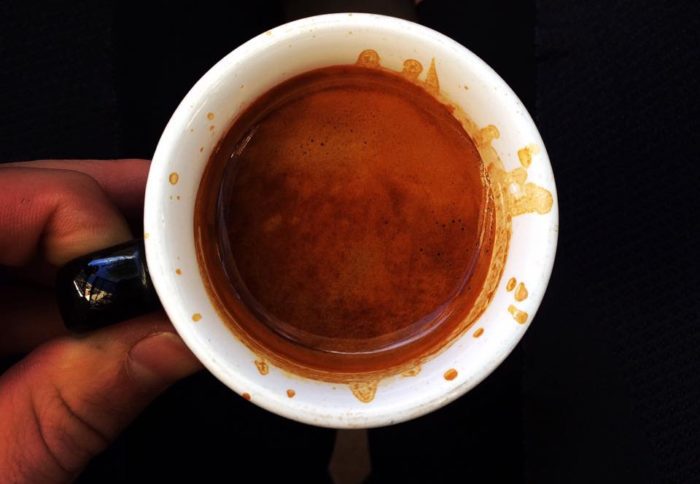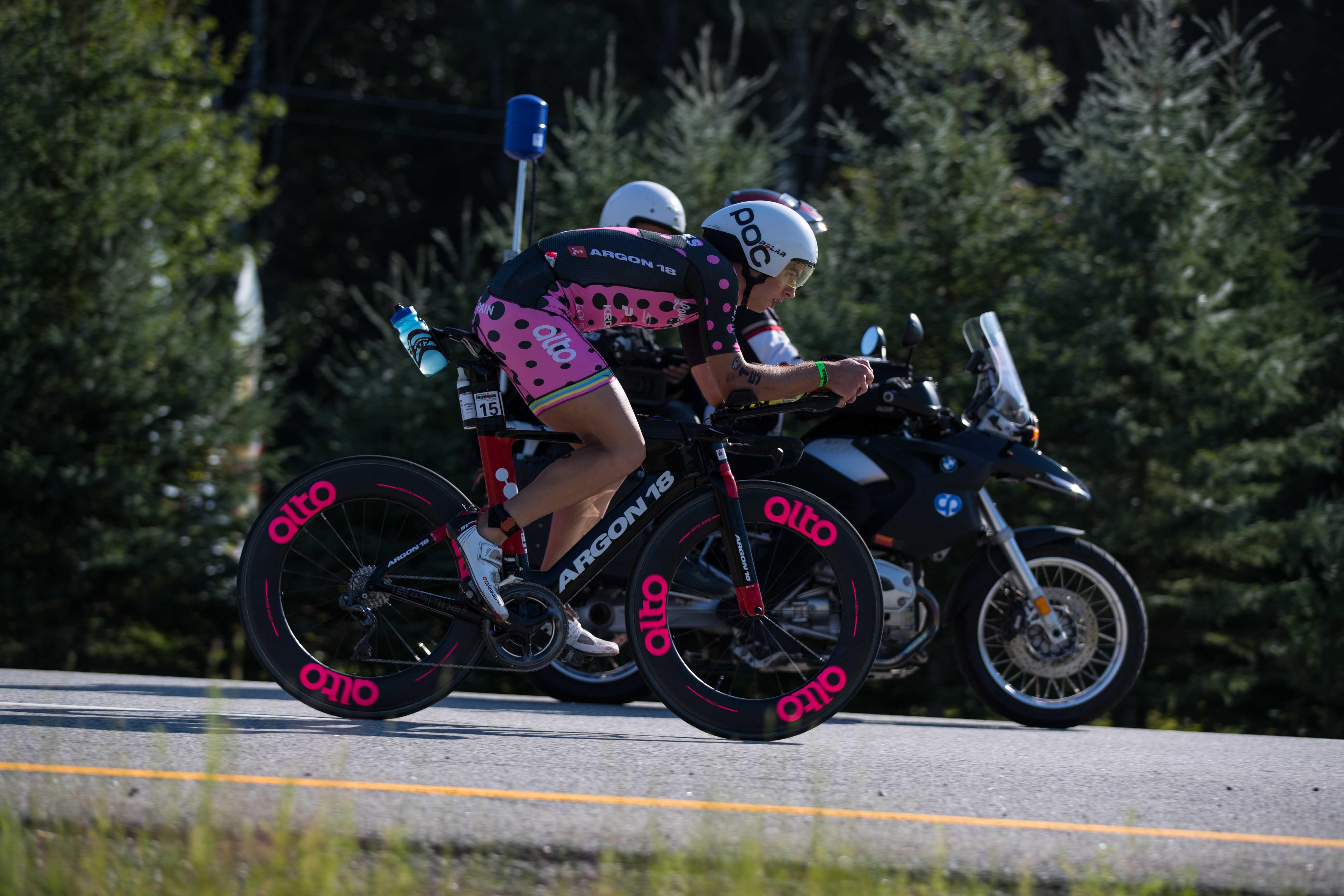Debunking the habitual coffee myth
Habitual caffeine intake does not influence the acute benefits of caffeine supplementation

Coffee is a staple in most triathletes’ diet. Some of us have become so dependent on it, we cannot imagine life without it.

A prevailing myth in the endurance world is that habitual (repeated) coffee consumption negatively influences an athlete’s response to a pre-race coffee.
Well, in a recent study published in the Journal of Applied Physiology, researchers found that habitual caffeine intake did not influence the acute benefits of caffeine prior to a 30-minute cycling time trial.

The study included 40 male cyclists, all of whom either compete at an amateur or professional level. Cyclists did a baseline (control) 30-minute time trial based on their caffeine intake (low, medium or high). Two other time trials were done, one with placebo (dextrose) and the other with caffeine (anhydrous caffeine: 6 mg/kg) supplementation.
The study discovered that caffeine supplementation did improve exercise performance by 3.3 per cent compared with control and 2.4 per cent compared with placebo. However, no link between habitual caffeine intake and exercise improvements with caffeine supplementation were found, suggesting you will not become conditioned to the positive performance benefits of caffeine on endurance.
Furthermore, low, moderate, and high consumers showed similar improvements in time trial results. This confirmed a study published in the Human Kinetics Journal, suggesting no difference between high and low consumers concerning caffeine’s ability to reduce muscle pain during cycling exercise.
So, continue to sip your morning coffee and be sure to get in that last-minute sip before a race – it tastes great and may have the boast you need, psychologically or physically.

